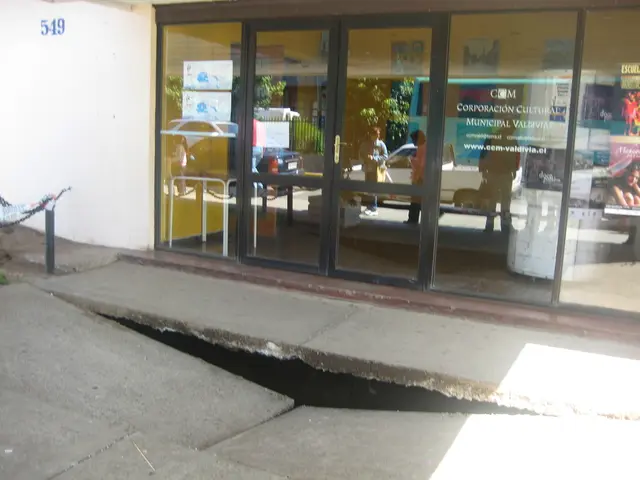Impact of Infectious Disease Studies under Trump Administration's Scrutiny
National Institute of Allergy and Infectious Diseases (NIAID) faces potential overhaul or dismantling, raising concerns over future lifesaving treatments and biomedical innovation leadership
By Anna Maria Barry-Jester, Global Health Reporter, ProPublica
NIAID, the largest funder of biomedical research worldwide, has been instrumental in breakthroughs such as HIV treatments, hepatitis C cures, and new tuberculosis regimens. For decades, its researchers, funded by a $6.5 billion annual budget, have quietly conducted experiments, developed treatments, and run clinical trials across the country, keeping the US at the forefront of infectious disease research and saving millions of lives.
However, the COVID-19 pandemic has sparked controversy and calls for change. Criticisms range from NIAID's funding of a research institute in China that engaged in controversial bioengineering research, to political agendas that may shift the focus from infectious diseases and vaccines, which form the core of NIAID's mission.
Robert F. Kennedy Jr., Trump's nominee to head the Department of Health and Human Services, which oversees the NIH, has proposed firing 60% of the agency's 20,000 employees and shifting research funds towards "preventive, alternative, and holistic approaches to health." He favors a significant reduction in infectious disease and vaccine research, favoring dietary improvements instead.
While many agree that NIH could benefit from reforms, experts and patient advocates worry that dramatic changes could jeopardize future lifesaving treatments and the US's position at the helm of biomedical innovation. Dr. Jeanne Marrazzo, who succeeded Dr. Anthony Fauci as NIAID's director, has spent years championing bipartisan support for the institution.
The proposed overhaul could see delays in clinical trials, stall breakthroughs in areas such as vaccine development, allergy immunotherapy, and management of immune disorders. It could also sever vital connections between allergy, immunology, and infectious disease experts, slowing progress in integrated fields like pandemic response and innovative therapy development.
Reduced funding and the merging or elimination of institutes may prioritize chronic disease research over infectious diseases, despite NIAID's critical role in past successes like vaccine and antiviral development. The US could become more vulnerable to future health crises, and its biomedical leadership could be diminished if significant cuts and restructuring occur.
The NIAID supports a wide array of clinical trials at academic centers and plays a crucial role in the training of allergists, immunologists, and infectious disease specialists. A shift in focus could lead to fewer specialists, job losses, and less training for underserved areas.
In summary, the overhaul or dismantling of NIAID could slow the pace of biomedical innovation, weaken the US's ability to respond to global health crises, and diminish the country's position as a global leader in medical research and public health.
The potential overhaul or dismantling of NIAID, a leading funder of health-and-wellness research like HIV treatments and tuberculosis cures, could impact medical-conditions management and general-news reporting about biomedical innovation, as its research could be shifted towards alternative, holistic approaches instead of infectious diseases and vaccines.
Political agendas pushing for dramatic changes within NIAID, such as the proposed firing of a majority of its employees and reallocation of research funds, have raised concerns about the future development of lifesaving treatments and the US's continued leadership in health-and-wellness and science fields.








